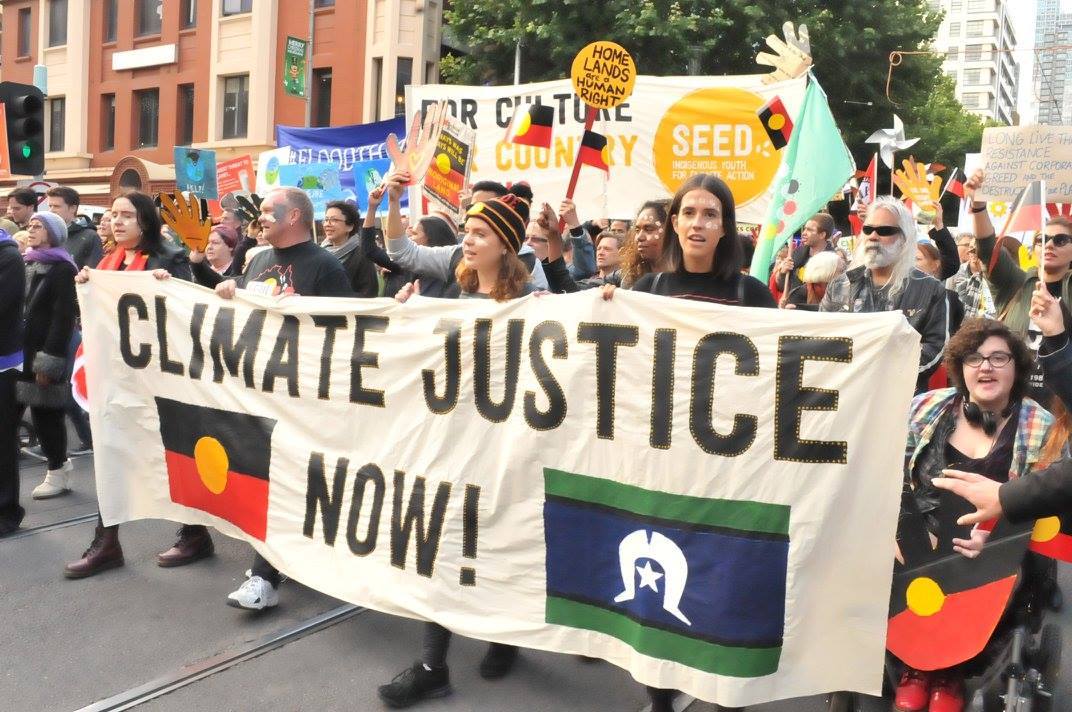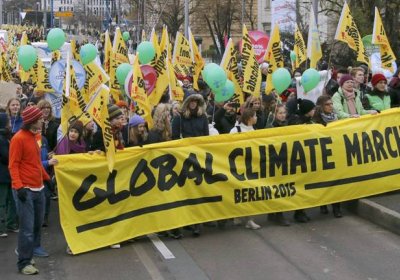 “We, the developing countries, are dignified and sovereign nations and victims of a problem that we didn’t cause.”
This statement was made six years ago, the Bolivarian Alliance for the Peoples of Our America (ALBA) at the Copenhagen Climate Conference.
“We, the developing countries, are dignified and sovereign nations and victims of a problem that we didn’t cause.”
This statement was made six years ago, the Bolivarian Alliance for the Peoples of Our America (ALBA) at the Copenhagen Climate Conference.
United Nations Climate Change Conferences
 “We, the developing countries, are dignified and sovereign nations and victims of a problem that we didn’t cause.”
This statement was made six years ago, the Bolivarian Alliance for the Peoples of Our America (ALBA) at the Copenhagen Climate Conference.
“We, the developing countries, are dignified and sovereign nations and victims of a problem that we didn’t cause.”
This statement was made six years ago, the Bolivarian Alliance for the Peoples of Our America (ALBA) at the Copenhagen Climate Conference.
Even with protests banned in Paris ahead of the United Nation's COP21 climate talks, about 2300 climate protests sent a global message to leaders at the talks. Hundreds of thousands of people joined climate change protests, marches and other events around the world on November 29 to send a message to leaders on the eve of COP21 that the world is waiting for climate change action. The 2300 climate actions included 175 countries.
 Photo by Ali Bakhtiarvandi
Photo by Ali Bakhtiarvandi
The Bolivian government's national contribution to the COP 21 climate talks scheduled to start in Paris on November 30 contains a series of radical proposals for safeguarding the future health of the planet, Euractiv.com said on October 14. Bolivia's contribution insists that capitalism is responsible for “consumerism, warmongering and [...] the destruction of Mother Earth”.
 Hurricane Patricia — the most intense hurricane ever recorded in the Western Hemisphere — was downgraded to a tropical depression on October 24. It offered a reminder of the consequences of a warming planet.
Hurricane Patricia — the most intense hurricane ever recorded in the Western Hemisphere — was downgraded to a tropical depression on October 24. It offered a reminder of the consequences of a warming planet.
President Anote Tong from the Pacific Island nation of Kiribati does not mince words on the urgent need to phase out coal. He cannot afford to — his country is literally disappearing as a result of global warming. Tong released a statement on August 13 calling on countries to commit to phasing out coal before the United Nations Climate Change Conference (COP21) in Paris in December where more than 190 countries are expected to attend. “A global moratorium on new coal mines [is] an essential initial step in our collective global action against climate change,” he said.
 About 400,000 people marched in New York last September as part of global 'people's marches' demanding climate action. Desmond Tutu, Naomi Klein and Noam Chomsky are among a group of high-profile activists, academics and political figures who issued a call to action against climate change on August 27.
About 400,000 people marched in New York last September as part of global 'people's marches' demanding climate action. Desmond Tutu, Naomi Klein and Noam Chomsky are among a group of high-profile activists, academics and political figures who issued a call to action against climate change on August 27.
- Previous page
- Page 3
- Next page







